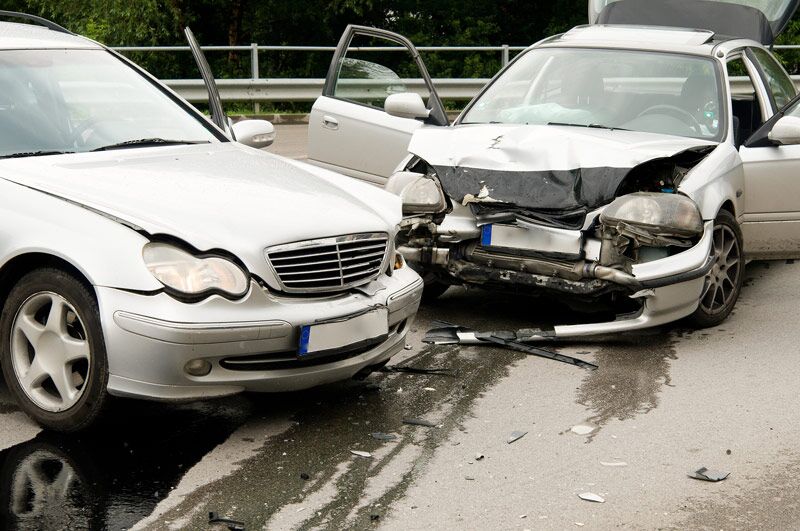|
I did a post on LinkedIn about CARING - It went like this:
CARE! That's the difference. Huge difference. When you call an 1-800-number for your insurance do you think they care? When you go online to shop for insurance, do you think they care? When you have an insurance claim, do you think they care? Being transactional vs. caring - big difference. "You'll know how much we know, when you know how much we care!" Simple. CARE - it's what we do.
0 Comments
Insuring your very beautiful antique auto is something we love to help with. These classic cars are your pride & joy, something we don't take lightly when insuring them. Classic cars coverage is very unique and several insurance companies provide this coverage. We can help cover your investment in these beautiful cars, with classic car coverage.
If a business's experience modification factor (often referred to as an experience mod or Ex-Mod or EMR) is over 1.0, it indicates that the business has had a higher-than-average number of claims or more severe losses compared to other businesses in its industry. This can lead to higher workers' compensation insurance premiums. Here's what a business should do in this situation:
OK, you had the above car accident, now who do you call? If you bought insurance online, you call the claims department, not the same person who sold you your policy. Or a vehicle change, the service department, not the same person who sold you the policy. Have a billing question, the billing department...and so on!
With an independent insurance broker like us, you call us for all of the above! No need to talk to 4 different people depending on what you need. Same person to talk to every time. Not 4 people ONE PERSON. That is the difference in an independent insurance broker vs buying insurance online. Or 1-800-insurance. We are different! So in New York, worker's compensation can be bought from an insurance company, the State Insurance fund or through a "safety group" with other like kind businesses. The common thread of these businesses, let's them spread the risk of worker's injuries among each other. Because of this, they get an upfront discount of 25% and then a back-end dividend at 12 months end, whenever that group declares their experience. This could be as much as 40% if history hold true. Watch the quick video... This quick video will explain why underground utility is a good homeowner claim! YES! Biggest risk you now have is someone suing you and taking your home! In New York, an judgement coming out of a lawsuit, automatically attaches to real property - your home. So you could never sell or refinance your property until that judgement is paid off. Who wants to encumber a paid off house with a judgement?
None. Insurance is for sudden & accidental losses - a tree falls on your shed. A pipe bursts in your upstairs bathroom causing loss below. Ice build up causes you facia and soffit along with gutter to come crashing down. Homeowner repairs = None. Maintenance repairs are the part of being a homeowner and not an insurance claim. To upgrade your electric service is on you. To repair a frayed electrical service is one you. Insurance is for sudden and accidental occurrences.
There are certain insurance companies that cater to luxury homeowners and their need for better coverages. Sewer/Water back up, jewelry blanket coverage and tree/landscaping coverage are just some of the differences you need. Watch our quick video:
|
Contact Us(716) 684-3203 Archives
July 2024
Categories
All
|
- Home
-
Quotes
- Service
-
Insurance
- About
- Blog
-
Videos
- Landlords Insurance
- Comprehensive Coverage
- Independent Insurance Broker VS an Insurance Agent
- How to Get Good NY Landlord Insurance Policy
- Homeowner and Liability Risks
- Homeowners Garage Insurance
- Property and Landlord Insurance
- Underground or Service Line Homeowner Coverage
- Running The Game with Tom Larsen
- Contact
- FAQs
Photo from marcoverch
- Home
-
Quotes
- Service
-
Insurance
- About
- Blog
-
Videos
- Landlords Insurance
- Comprehensive Coverage
- Independent Insurance Broker VS an Insurance Agent
- How to Get Good NY Landlord Insurance Policy
- Homeowner and Liability Risks
- Homeowners Garage Insurance
- Property and Landlord Insurance
- Underground or Service Line Homeowner Coverage
- Running The Game with Tom Larsen
- Contact
- FAQs





 RSS Feed
RSS Feed